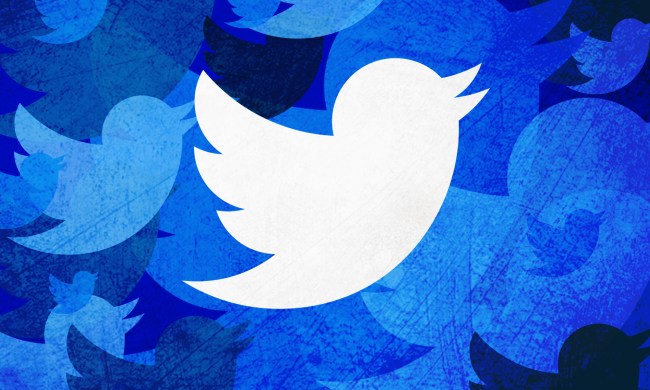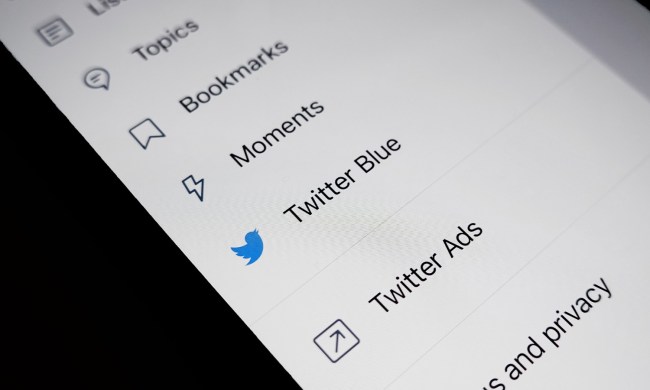
The move to quietly shutter Glass’s Twitter, Instagram, and Google+ accounts comes about a year after the Mountain View company ended its public Explorer program, which let regular folks test the device and offer feedback.
Its now-defunct Twitter and Instagram pages have been wiped clean of images and updates, and now present visitors with standard “that page doesn’t exist” messages. As for Google+, the company managed a short message for anyone who happens to drop by:
“Hi Explorers, we’ve had a blast hanging out with you on G+ throughout the Explorer Program. From now on, if you have any questions about your Glass, you can get in touch with us here.”
For some observers, Glass was always best suited to enterprise rather than the consumer space, and that’s precisely where Google has now gone with the device. Reports last September suggested the company had hired a fresh bunch of engineers for a new “Project Aura” team aimed at reworking Glass for businesses and organizations.
Google hopes the new design, revealed by the Federal Communication Commission at the end of last year, will be useful in places like hospitals, warehouses, and factories, where important data can be accessed at speed via the device’s touch and voice controls while leaving both hands free for other tasks.
As for Glass’s departure from social media, the move appears to well and truly bring the curtain down on the consumer version of the device, a product that Google struggled to develop over the course of several years via its public Explorer program.
Once initial excitement faded following the prototype’s unveiling in 2012, privacy concerns related to the device, as well as a good deal of adverse publicity, prevented consumers from warming to Google’s high-tech specs. Aware the product was struggling, Google responded with a marketing campaign aimed at convincing the public of Glass’s usefulness. But when that failed to have any noticeable impact, the company switched its Glass-based efforts to the workplace instead.


